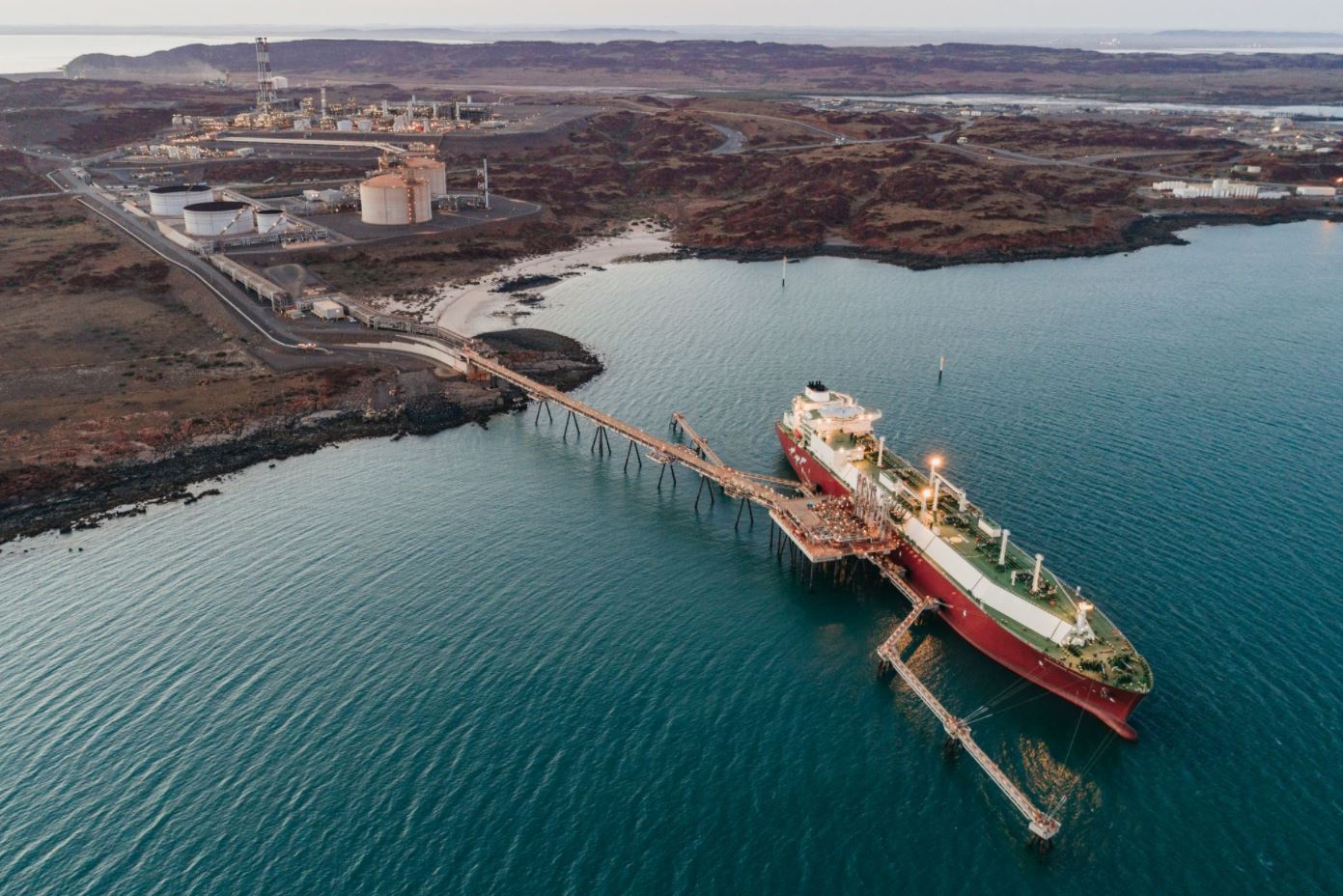Australian LNG firm Woodside reported a $4.03 billion net loss for 2020 due to impairments, but it also said the company remains committed to a final investment decision on its Scarborough project this year.
This marks the first annual loss for Woodside in eighteen years, hit by $4.37 billion in asset write-downs as well as onerous contract provision announced in July last year.
However, rising prices helped deliver underlying net profit after tax of $447 million, down 58% when compared to the last year.
The Perth-based company also logged a record annual production of 100.3 MMboe, up 12$ year-on-year while its sales volume also reached a record of 106.8 MMboe, rising 10 percent.
“Our disciplined balance sheet management has safeguarded Woodside’s financial resilience and positioned us to take advantage of emerging growth opportunities as markets recover,” Woodside CEO Peter Coleman, said.
“The potential strength of that recovery is already being signalled by the recent increase in oil price and record spot LNG prices achieved in Asia over the northern hemisphere winter,” he said.
Scarborough FID on track, working on Pluto train stake sale
Australia’s Woodside and its partner BHP are moving forward with plans to develop the Scarborough offshore gas field that would feed the second Pluto LNG train.
The Scarborough gas resource is located in the Carnarvon Basin, about 375 km west/north-west of the Burrup Peninsula in Western Australia.
“Scarborough remains firmly on track for a targeted FID in the second half of 2021, with around 50% of our expected equity gas production now under contract,” Coleman said.
“In the second half of the year, we seized the opportunity to optimise the project schedule and increase the offshore capacity of Scarborough by approximately 20% to 8 million tonnes per annum of LNG, adding considerable shareholder value to an already world-class
development,” Coleman said.
Chief Financial Officer Sherry Duhe told analysts during an earnings call on Thursday that Woodside is looking to reduce its interest in the second Pluto train to around 50%.
“Building an LNG train is capital intensive, and we can reduce our capital expenditure requirements by around $3 billion during project execution, by selling down our equity,” Duhe said.
“We’re in the process of finalizing preparation for formal engagement with potential buyers. And ideally, we’d like to complete the sell down at or before FID,” Duhe said.
Besides the second Pluto train, Woodside is also looking to sell a stake in the Scarborough field.
“We’re also kicking off some soft market testing for dilution of our interest in the upstream Scarborough resource. As you know, Scarborough is a world-class valuable asset and market conditions have improved significantly in recent months, making a potential, sell down more attractive,” Duhe said.

